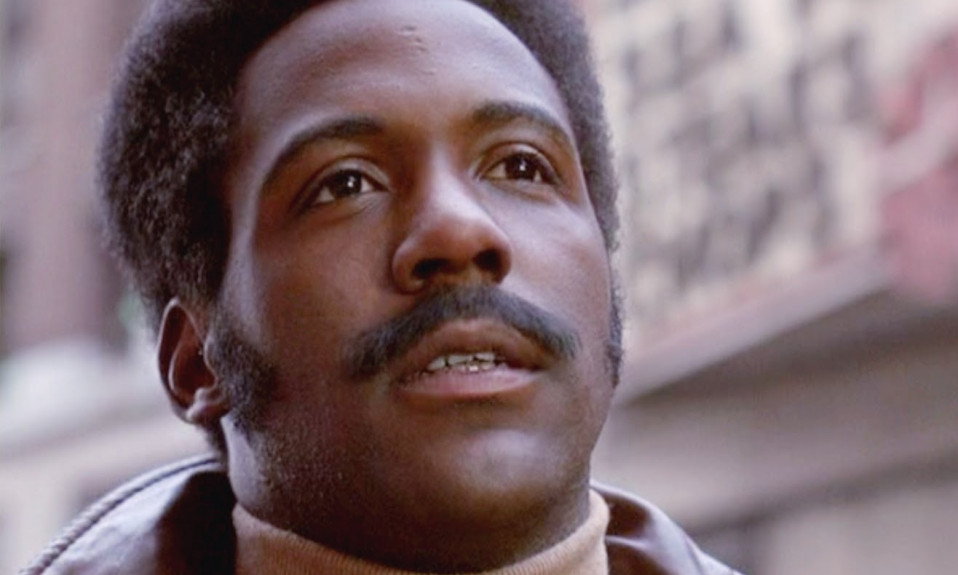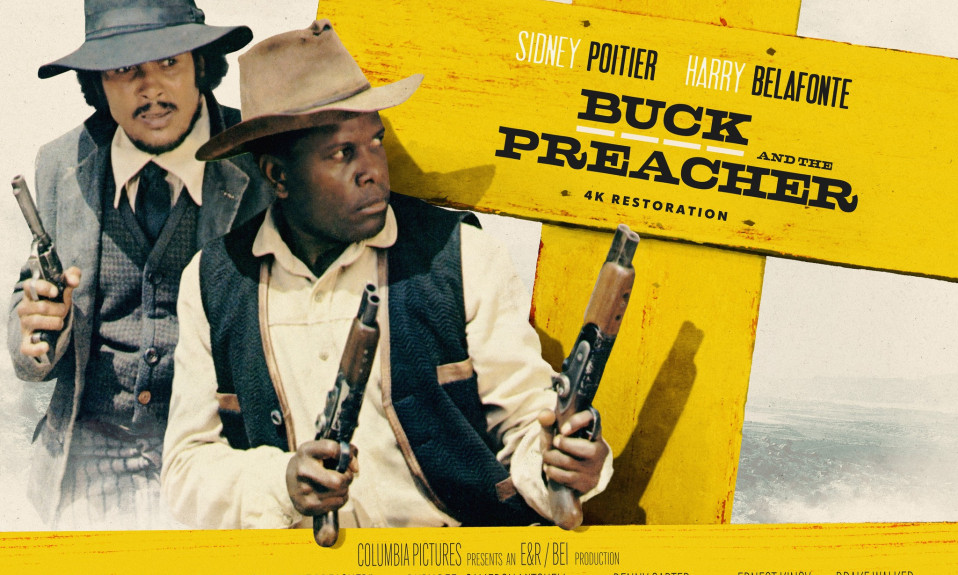“It’s hard for audiences today to understand the impact of Shaft as a motion picture, but the best comparison I can make is the impact of Black Panther on viewers and the industry at large. Richard Roundtree was the star of that movie, and instantly became an icon,” said American movie director Reginald Hudlin (Candy Cane Lane and Boomerang) in a statement to Big Picture Film Club on the legacy of late legendary actor Richard Roundtree who came to prominence with the film Shaft in 1971.
The image of the defiant Roundtree as John Shaft is perpetuated in the collective memory as a trailblazer for being the first Black action movie hero, although preceded by Sidney Poitier’s Virgil Tibbs in The Heat of The Night (1967), Shaft is more action-oriented while the latter is a neo-noir drama revolving around mystery thus having a different pace.
As stated by actress Viola Davis in her social media, Roundtree’s John Shaft “epitomized Black manhood on-screen when we so desperately needed it. The strength, authority, the mystery and ownership of sexuality seared through the screen”.
The portrayal of Roundtree brought a rupture in the ways Black men were represented by being not only the protagonist but one with the an agency of his lust and anger but also caring about his people or those in danger instead of following the 1930s and ‘40s representations of the Black populace in cinema that still impacts decades later as sidekicks or henchmen or a “well-behaved” with submissive and unintelligent traits debasing a whole group of society to sad caricatures.
Poitier and Harry Belafonte are milestones in the change of these portrayals, but considering the times they were in they couldn’t express sexuality as Roundtree did. In the movie intro, a confident and handsome, with a dark complexion and a thick moustache Shaft emerges on the screen with a long leather jacket covering a turtleneck sweater, his eyes oozing determination as he pierces his way through the 1970s gritty New York thus a black star shines in Hollywood.
Roundtree could convey sensuality with his body language and dark eyes in a way unseen for an African American man and once engaged in violence he could be relentless but never gratuitous. In Shaft, belligerent acts help tell the story.
Remembering Shaft
The first Shaft was directed by filmmaker and photographer Gordon Parks, acknowledged for picturing the Black experience in America, and had the theme song by Isaac Hayes which would be crowned with an Academy Award. Shaft would see two sequels in Shaft’s Big Score! (1972) and Shaft in Africa (1973), later came soft reboots starring Samuel L. Jackson as the protagonist’s nephew in 2000 and 2016, both movies named Shaft. Still, it is the first entry that stands alone being selected in 2000 for conservation in the United States National Film Registry by the Library of Congress as it is “culturally, historically, or aesthetically significant”.
As Poitier and Belafonte paved the way for Roundtree, the interpreter of John Shaft kicked the door that allowed the likes of Danny Glover, Philip Michael Thomas, Denzel Washington, Idris Elba, and Chadwick Boseman, to name a few, to be part of the cultural vernacular as also allowed disfranchised people to feel as the owners of their emotions, passions, and paths in their daily lives.
Shaft is one of the highest achievements of the blaxploitation movement as it moves beyond its boundaries making it not only a piece of African American cinema but of American cinema as a whole and world cinema as the film and the main character’s influence can be felt in other countries and minorities.
Lucas de Souza Martins, a Brazilian professor and PhD student in the U.S. Cold War History from Temple University who is also known for his knowledge on media and minorities stated the following to Big Picture Film Club:
“The impact of Richard Roundtree was never restricted to young African Americans only. Shaft showed the movie industry how talented authors from different minorities could expand audiences and, therefore, generate even more profitable projects. There would never be a Black Puerto Rican Spider Man (Miles Morales) or an Afro-Latina Miss America (America Chavez) in the 2010s without Roundtree’s pioneerism in the 1970s.”
– Lucas de Souza Martins
Also Read: Gina Belafonte Reflects On the Legacy of Harry Belafonte & Sidney Poitier












